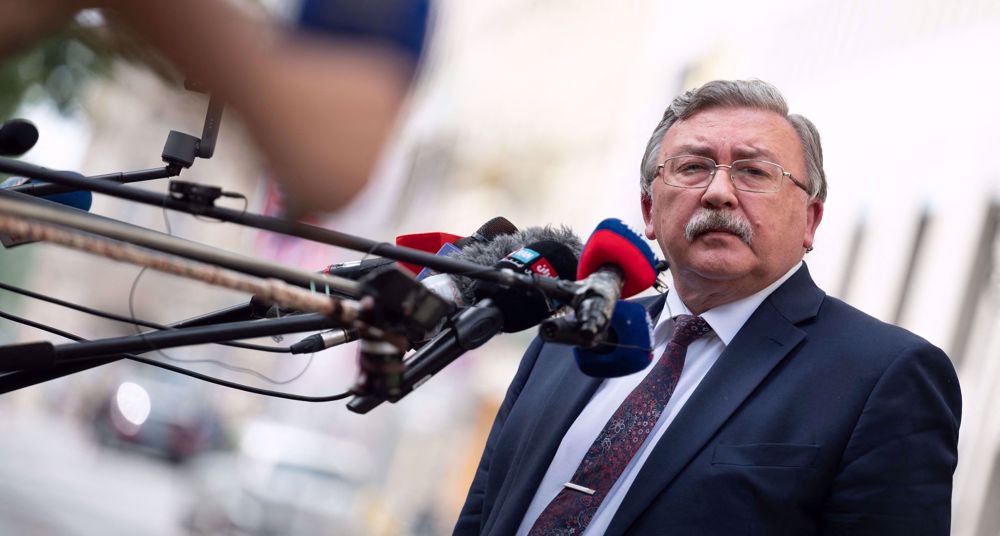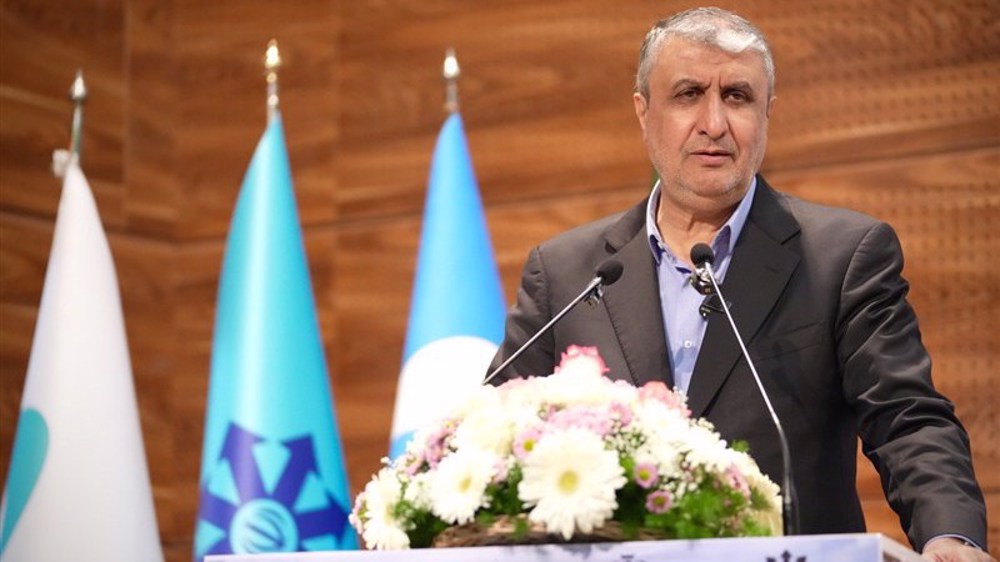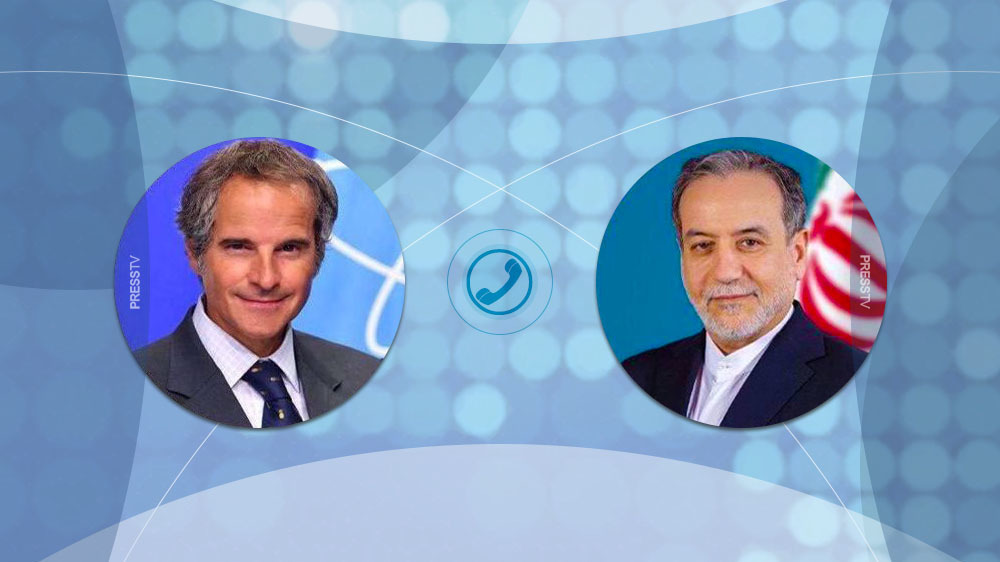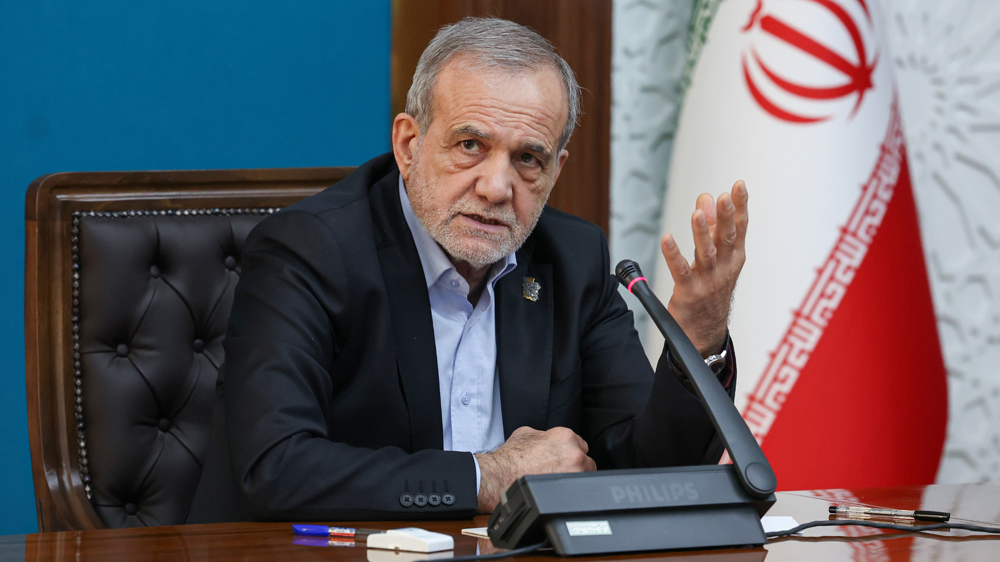Participants in JCPOA talks aim to use adjournment to get instructions on outstanding issues: Russia
The Russian ambassador to international organizations in Vienna, Mikhail Ulyanov, says participants in the Vienna talks on the revival of a 2015 nuclear deal between Iran and major world powers decided to adjourn the process for at least 12 days to get final political instructions from their respective capitals on the remaining controversial issues.
At the end of the sixth round of the Vienna talks on Sunday, negotiators for Iran and the remaining signatories to the multilateral nuclear deal, officially known as the Joint Comprehensive Plan of Action (JCPOA), adjourned the negotiations to return to their respective capitals for consultations as remaining differences still need to be overcome.
In a tweet on Monday, Ulyanov, who is the head of the Russian delegation to the Vienna talks, said the sides would make a break for a week or 10-12 days.
"The Joint Commission of #JCPOA made a break at the #ViennaTalks. For how long? May be for a week or 10-12 days. It doesn’t matter. The task is to make full use of this break to ensure that all participants get final political instructions on the remaining controversial issues," he tweeted.
The Joint Commission of #JCPOA made a break at the #ViennaTalks. For how long? May be for a week or 10-12 days. It doesn’t matter. The task is to make full use of this break to ensure that all participants get final political instructions on the remaining controversial issues.
— Mikhail Ulyanov (@Amb_Ulyanov) June 21, 2021
Iran’s top negotiator in the Vienna talks also told reporters on Sunday that outstanding issues pertaining to the JCPOA revitalization still remain, whose resolution calls for “serious” decisions to be made in the respective capitals of participating countries.
Abbas Araqchi, who is also Iran’s deputy foreign minister for political affairs, added that the sides had managed to make progress, especially on the draft text of the conclusion of their talks.
Since April, representatives from Iran and the P4+1 group of countries have been holding talks in Vienna aimed at revitalizing the JCPOA and bringing the US back to compliance.
The US has sent a delegation to Vienna but it is not attending the JCPOA Joint Commission talks directly as Washington is no longer a party to the deal. It has, however, held separate talks with five parties to the JCPOA – Britain, France, Germany, Russia and China.
The US, under former president Donald Trump, left the JCPOA in 2018 and initiated a “maximum pressure” policy against Iran, prompting Tehran to take remedial measures by gradually reducing its nuclear commitments under the deal.
President Joe Biden has said Washington is willing to return to the pact if Tehran first suspends its countermeasures taken in response to US violations and reimpostion of sanctions.
Iran says the onus is on the US to revive the deal as it was Washington, not Tehran, that left the internationally recognized accord in defiance of global criticism.
Iran’s President-elect Ebrahim Raeisi said on Monday that the United States must return to full compliance with the JCPOA and fulfill its commitments as per the accord.
Addressing representatives of domestic and foreign media outlets during his first press briefing since his election, Raeisi said, “I emphatically urge the United States to return to the JCPOA and comply with its commitment. The Iranian people expect you to abide by your obligations.”
‘We will not bow to pressure or coercion’: President Pezeshkian
Trump raises global tariffs to 15%, calls Supreme Court ruling ‘ridiculous’
IRGC Navy tests Sayyad-3G air defense missile in Strait of Hormuz
Iran labels EU naval, air forces as ‘terrorist’ in response to IRGC listing
ICE quietly buys warehouses for major detention expansion
Family of US citizen killed by Israeli settler demands end to impunity
VIDEO | Press TV's news headlines
VIDEO | Trump’s 'Gaza Riviera' vs. tents: Deep divide over US' 12-point plan












 This makes it easy to access the Press TV website
This makes it easy to access the Press TV website